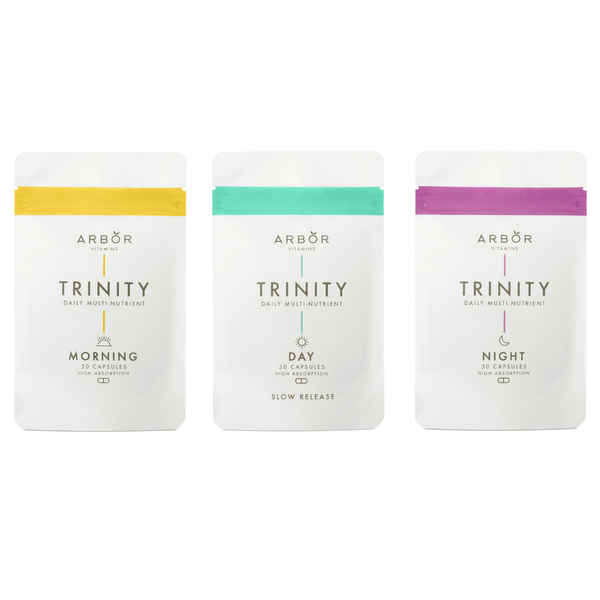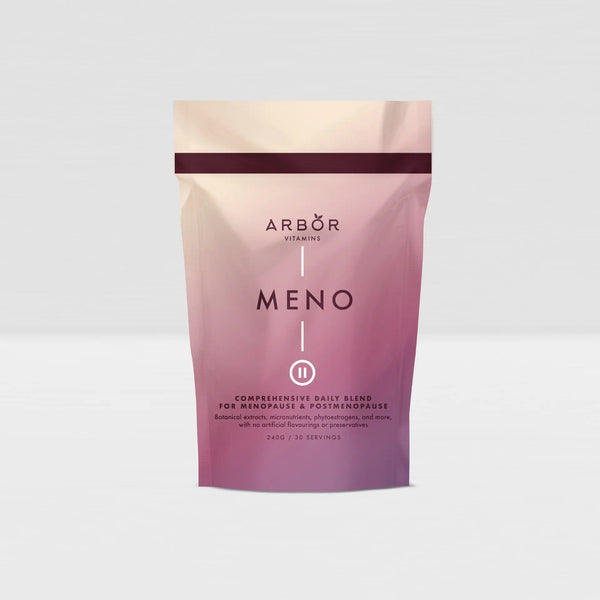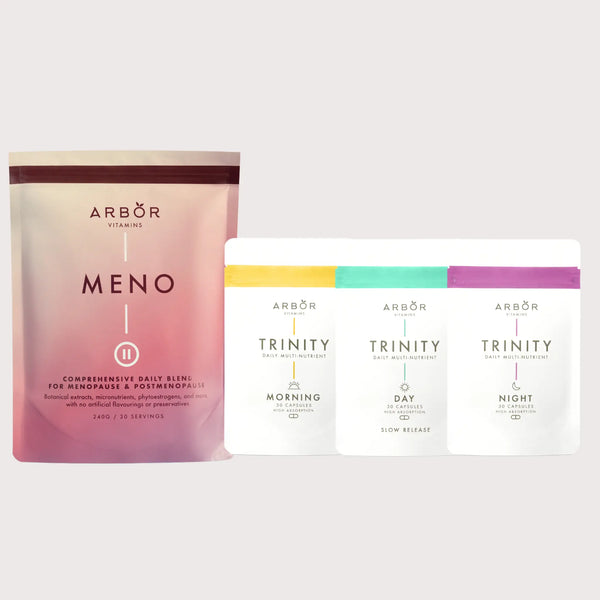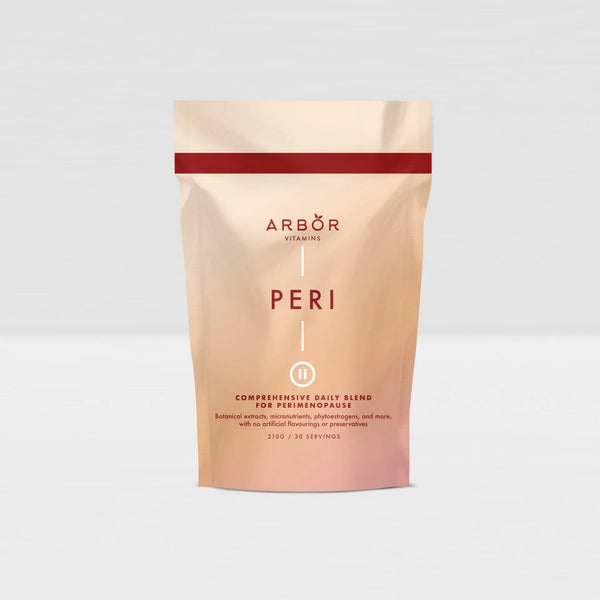Do Mushroom Supplements Interact with Medications?
Do Mushroom Supplements Interact with Medications? Functional mushrooms like Lion’s Mane, Reishi, Chaga, and Cordyceps have exploded in popularity thanks to their benefits for energy, immunity, mood, sleep, and skin health.
But if you’re taking medication, you might be wondering:
👉 Do mushroom supplements interact with medications?
Yes. Some mushroom supplements can interact with medications, especially blood thinners (e.g. warfarin), diabetes medication, and immunosuppressants. That doesn’t mean you need to avoid them altogether — but it does mean choosing the right supplement (and speaking with your healthcare provider) matters.
🧬 What Are Mushroom Supplements?
Mushroom supplements are made from functional mushrooms (not the button mushrooms you cook with). These contain bioactive compounds like beta-glucans, terpenes, and antioxidants that can:
-
Support immune health
-
Boost focus and cognitive performance
-
Enhance energy and stamina
-
Promote restful sleep and relaxation
-
Improve skin hydration and repair
Not all supplements are equal. Many cheaper options use mycelium (the root system), which contains fewer active compounds than the fruiting body.
⚠️ Medication Interactions: What to Know
While functional mushrooms are generally safe, some have documented interactions — particularly at higher doses.
| Mushroom | Potential Interaction | Use Caution If… |
|---|---|---|
| Reishi | Anticoagulant properties | You’re on blood thinners (e.g. warfarin) |
| Lion’s Mane | May lower blood sugar & affect clotting | You’re on diabetes meds or anticoagulants |
| Cordyceps | May prolong bleeding time | You’re on anticoagulants or NSAIDs |
| Chaga | May lower blood sugar; high oxalate content | You’re diabetic or have kidney issues |
👉 If you’re taking blood thinners, antidiabetic drugs, or immunosuppressants, consult your GP before using mushroom supplements.
🚫 Who Should Avoid Mushroom Supplements?
Use caution or avoid mushrooms if you:
-
Are pregnant or breastfeeding (research is limited)
-
Have a known allergy to mushrooms
-
Are undergoing chemotherapy or managing autoimmune conditions
-
Have chronic kidney issues (especially with high-dose Chaga)
🌟 MYCO Morning & MYCO Night: Designed for Safety and Effectiveness
At Arbor Vitamins, we’ve developed two blends — featured in The Independent — to deliver all the benefits of mushrooms, while keeping formulations clean and effective.
✅ MYCO Morning
A daytime formula with Chaga, Cordyceps, Shiitake, and Lion’s Mane to support:
-
Focus & productivity
-
Physical energy
-
Immune resilience
✅ MYCO Night
A calming blend of Reishi, Maitake, and Tremella to support:
-
Restful sleep & nervous system regulation
-
Skin hydration & repair
-
Recovery from daily stress
🔍 What to Look for in a Mushroom Supplement
| Feature | Many Supplements | MYCO Blends |
|---|---|---|
| Source | Mycelium (cheaper, weaker) | 100% Fruiting Body Extracts |
| Quality | Non-organic, variable | Fully Organic |
| Formulation | Single mushroom | Synergistic blends for AM/PM |
| Additives | Fillers, binders, seed oils | None — clean extracts only |
| Focus | General | Targeted: Energy (AM) & Sleep/Skin (PM) |

🏆 Award-Winning Mushroom Blends
Our MYCO range has been recognised for quality and innovation — proving that clean, effective formulations stand out.
-
MYCO Night was featured in The Independent as one of the Best Mushroom Supplements of 2025, praised for its calming blend of Reishi, Maitake, and Tremella to support sleep, recovery, and skin hydration.
-
Both MYCO Morning and MYCO Night have been highlighted in industry awards for their use of 100% fruiting body extracts, free from fillers, binders and seed oils.
🧠 Bottom Line
Mushroom supplements can interact with certain medications — particularly blood thinners, diabetes drugs, and immunosuppressants. But with the right formulation, many people can enjoy their wide-ranging benefits safely.
Arbor’s MYCO Morning and MYCO Night blends are:
-
100% fruiting body extracts
-
Organic, filler-free, and vegan
-
Designed for maximum potency and safety
👉 Start your mushroom journey today:
❓ FAQs: Mushroom Supplements & Medications
Q: Can I take mushroom supplements with prescription meds?
A: Always check with your doctor, especially if you’re on blood thinners, diabetes medication, or immunosuppressants.
Q: Are mushroom supplements safe long-term?
A: Yes, for most people, but avoid excessive high-dose single mushrooms like Chaga if you have kidney issues.
Q: Do mushroom supplements really work?
A: Yes — compounds like beta-glucans and triterpenes support immunity, energy, and sleep. Quality and formulation matter.
Q: Why choose MYCO over single mushroom powders?
A: Blends like MYCO Morning/Night deliver synergy, using organic fruiting bodies only — no fillers, binders, or seed oils.












